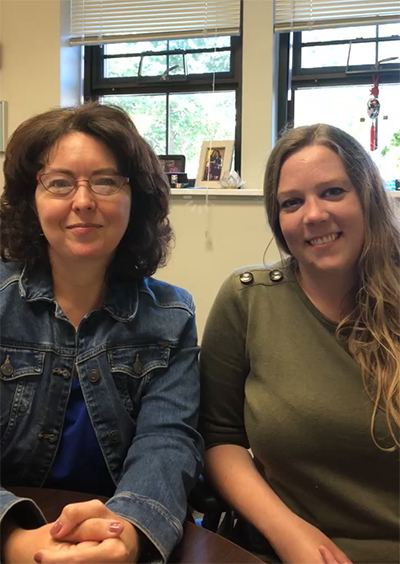While the editorial board of the Infant Mental Health Journal remains as committed as ever to publishing relevant, applicable research on early relational contexts and Infant Mental Health, there are several key changes afoot at the journal. Below, some updates from the last few months of transition at IMHJ.
A new editor-in-chief
In July of 2019, IMHJ welcomed a new editor in chief, Dr. Holly Brophy-Herb of Michigan State University. Brophy-Herb has taken on the role with a commitment to enhancing the impact of the journal on the field, raising the visibility of Infant Mental Health research, and making the journal’s submission and review process as streamlined and efficient as possible- all while promoting high-quality reviewers and highlighting the key findings and implications of the published work for policy and practice. Many thanks to Dr. Paul Spicer for his excellent work as editor for the past 5 years!
“As a long-time editorial board member, I’m so pleased to be taking the helm of a publication that’s so vital to our field,” says Brophy-Herb. “We’re working to continue to build on the excellent foundation laid by previous editors, while also striving to expand our promotional reach and actual scope of research–now that we’re including research on children up to the age of 5, the journal’s focus will truly be in alignment with trends in the infant and early childhood mental health field, both domestically and abroad.”
An expanded focus (up to age 5)
For many years, the Infant Mental Health Journal has published peer-reviewed research articles and reviews focused on early relational contexts, such as attachment relationships and early relationships within parenting, family, and caregiving systems, that impact the social-emotional development of infants and toddlers.
We’re pleased to announce that IMHJ will also include research on early childhood mental health. Expanding the focus to include relational work on children prenatal to 5 years is a new endeavor for IMHJ; it is a move that will bring the journal into alignment with trends in the field, both nationally and internationally, that highlight the importance of infant and early childhood mental health. Examples of welcomed topics include areas such as:
- early childhood mental health consultation
- the quality of teacher-child relationships as contexts for early childhood classroom quality and children’s social-emotional outcomes
- reflective supervision in early childhood contexts
- early childhood educator mental health
Stay in touch and Promote Your Research on Social Media:
Follow IMHJ on social media.
We’re very interested in helping authors promote their research via IMHJ’s social channels, and encourage them to share their social media handles with Editorial Assistant Lynn Vollbrecht to streamline this process.
More accessible abstracts
All IMHJ articles will feature with the manuscript abstract three key findings and implications as well as a statement of the relevance of the work to the field of infant and early childhood mental health. Why? It’s all part of an effort to make it easier for policymakers and practitioners alike to assess the ways in which they might be able to put research to work in very real-world ways.
Video Promotion
Authors now have the option to include short video bytes about their research that we will share on social media to help promote visibility of the work. While our publisher, Wiley, can produce video abstracts on an author’s behalf, authors can also create their own short, 1 minute video byte. Talk to us for more information, vollbre3@msu.edu.
We look forward to working with you soon!








